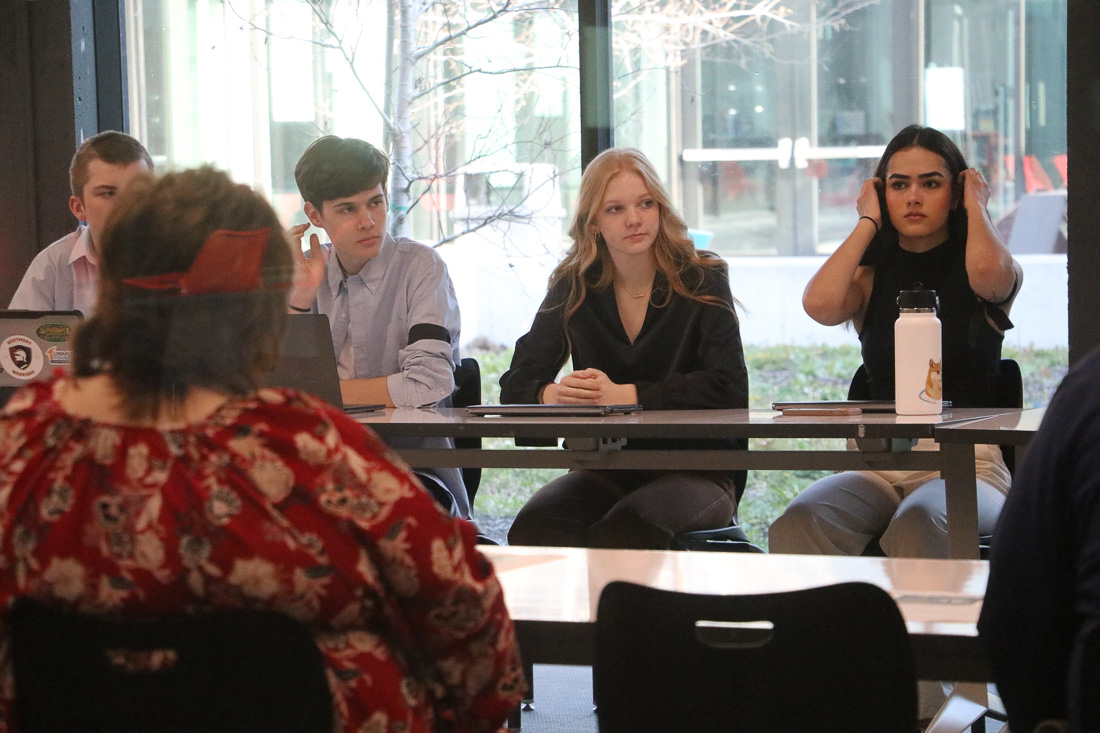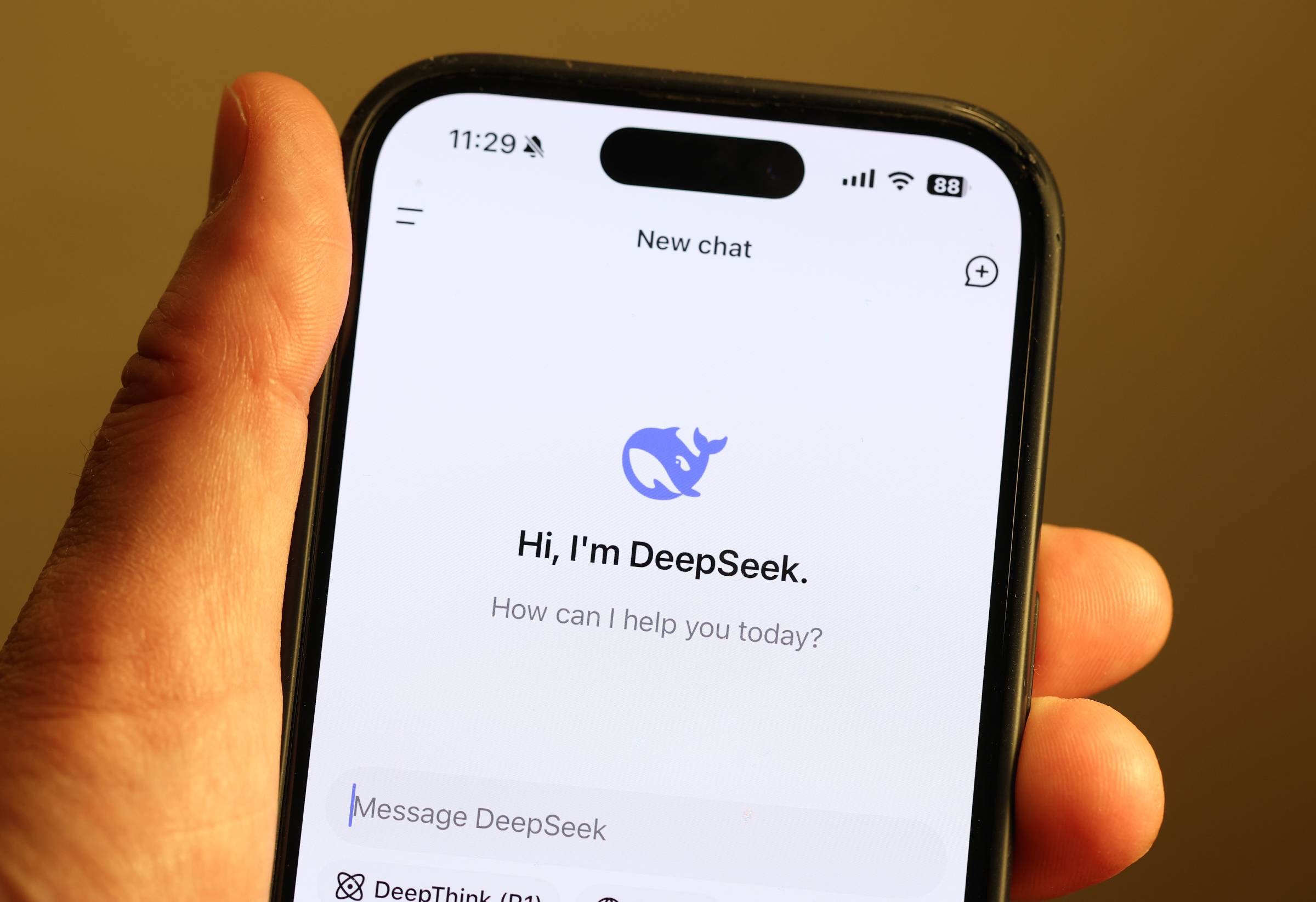
Journalism students at Lawrence High School have successfully persuaded their school district to exclude their files from a contentious artificial intelligence surveillance tool known as Gaggle, following several months of vigorous discussions with school officials.
Gaggle, the AI system in question, scrutinizes data across the district’s Google Workspace, encompassing Gmail, Drive, and other services, to identify and flag what it considers safety risks, which range from mentions of self-harm and depression to drug use and violence. The school district had acquired this software in August at a cost of $162,000 for a three-year period.
This victory was the result of the determined efforts of four Lawrence High School seniors—Natasha Torkzaban, Morgan Salisbury, Jack Tell, and Maya Smith—who have been diligently reporting on this matter for the LHS student newspaper. Their concerns centered around potential infringements on student privacy and violations of First Amendment rights because of Gaggle’s monitoring.
The students voiced that, despite this success, they still harbored worries for the privacy rights of their peers within the district. Their battle with the district administration over Gaggle’s use highlighted several disconcerting encounters, including one where they felt their emphasis on student press rights was being misrepresented as disregard for student mental health. Furthermore, despite the district’s representation by legal counsel, the students were discouraged from bringing their own lawyer to discussions.
Their grievances initially emerged after Gaggle began operating on student devices in November, raising flags about the intrusion into the privacy of their journalistic endeavors. Matters intensified when Gaggle mistakenly flagged student artists’ works as containing child nudity, which sparked further protests until the flagged content was reinstated.
In their ongoing efforts to confront these issues, the students encountered mixed responses from district administrators but faced repeated suggestions that their commitments to press freedom were at odds with student safety—a characterization they firmly rejected. Advocates from the Student Press Law Center have supported the students’ assertions, highlighting the dangers of unchecked AI surveillance on journalistic operations.
Although the district ultimately conceded to the journalism students’ demands to exempt them from Gaggle’s surveillance, the broader implications remain a concern. The students underline that their struggle reflects a larger battle for student press rights and privacy, a battle that they are geared to continue fighting, especially in ensuring their legal protections are recognized in future district policies.
This episode underscores the complexities of balancing student safety with privacy and free speech rights, highlighting the negotiation between surveillance as a protective measure and the potential for such measures to encroach upon fundamental freedoms. With technology increasingly becoming integral to educational environments, the dialogue between students, educators, and administrators over privacy concerns seems set to continue.
Source






/cdn.vox-cdn.com/uploads/chorus_asset/file/25626313/247263_iphone_16_pro_AKrales_1062.jpg)